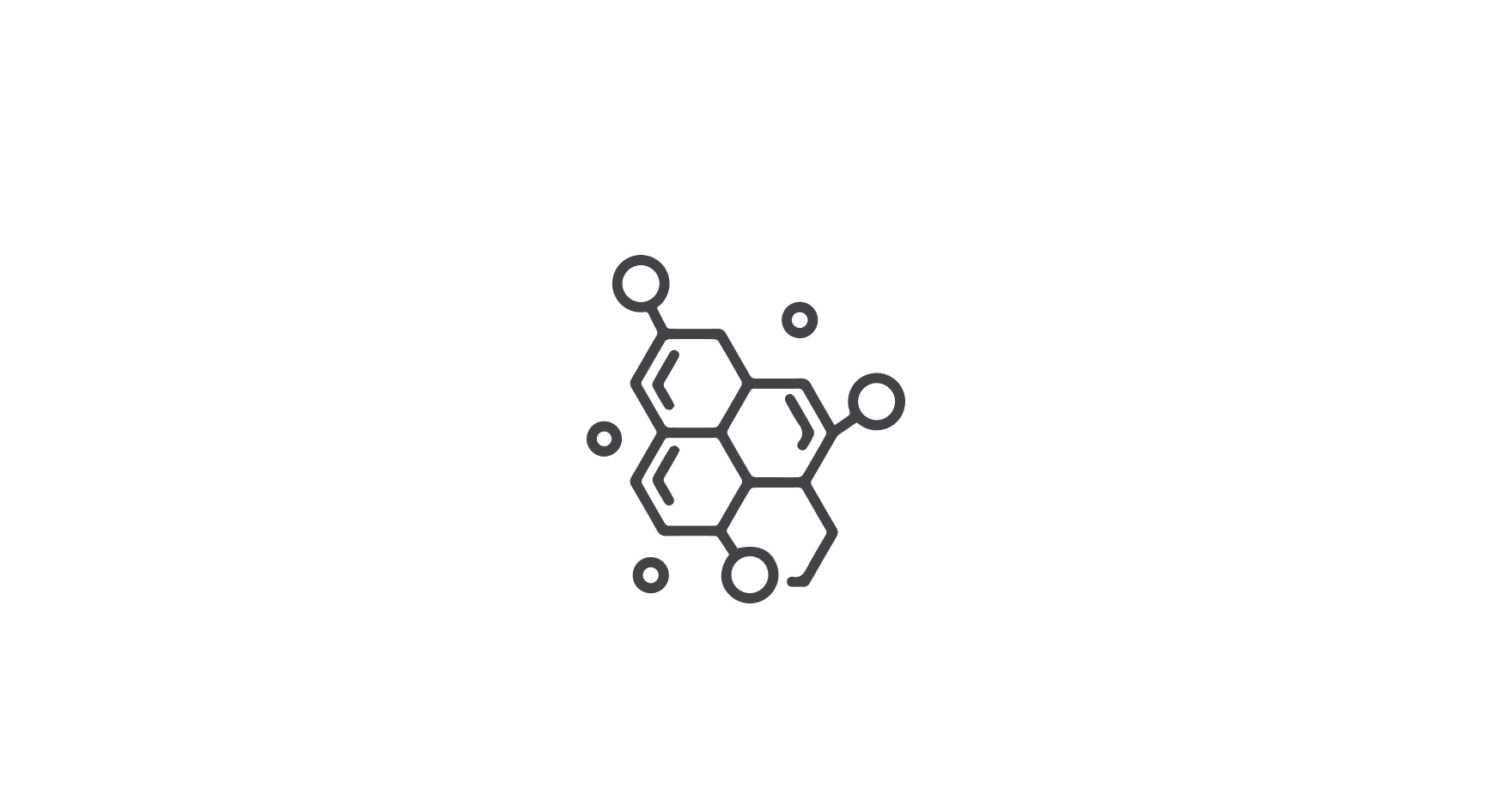Dehydrated skin can feel tight, look dull, and may even become flaky. Unlike dry skin, which is a skin type, dehydration is a skin condition that happens when your skin lacks water. It can affect all skin types, whether oily, dry, or combination. The good news? With the right products and routines, you can easily bring life back to your skin.
Understanding Dehydrated Skin
Dehydrated skin is not just about a lack of moisture; it's about a lack of water in the skin. This condition can make your skin feel dry, itchy, and more sensitive than usual. Your complexion might appear dull, and fine lines become more noticeable. Common causes include environmental factors, lifestyle choices like caffeine and alcohol consumption, and using the wrong skincare products.
Signs of Dehydrated Skin
-
Dull and tired-looking complexion
-
Tightness, especially after cleansing
-
Fine lines that seem more pronounced
-
Sensitivity and redness
-
Flakiness and rough texture
Step-by-Step Routine to Treat Dehydrated Skin
Choose the Right Cleanser
Your cleansing routine can make or break your skin’s hydration levels. Avoid harsh, stripping cleansers that leave your skin feeling tight. Instead, opt for gentle cleansers that help retain your skin’s natural oils. Let's explore two types of cleansers that can be a game-changer for dehydrated skin:
Foam Cleanser: A good foam cleanser can be gentle and effective, removing dirt and impurities without stripping your skin. Look for formulas with hydrating ingredients like hyaluronic acid or glycerin. These will help keep the skin barrier intact while giving your skin a clean slate.
Hydrating Cleanser: This is a must for dehydrated skin. Hydrating cleansers are designed to cleanse without disrupting your skin's moisture balance. They often contain ingredients like ceramides and aloe vera, which soothe and replenish hydration.
How to Use: Use lukewarm water to wash your face. Hot water can further strip your skin of its natural oils, leading to more dehydration. Use a gentle, circular motion to cleanse your face and rinse thoroughly.
After cleansing, it’s crucial to restore hydration to the skin. This can be achieved through a combination of products that add and lock in moisture.
Toners and Essences: These are packed with hydrating ingredients and can prepare your skin to absorb the products that follow. Look for toners that contain hyaluronic acid or glycerin, which help attract and retain moisture.
Serums: A hydrating serum with ingredients like hyaluronic acid, ceramides, or aloe vera can deeply hydrate the skin. These serums penetrate the skin to deliver moisture where it's needed most.
Lock in Moisture
Once you've added hydration, it's essential to lock it in to prevent water loss. A moisturizer tailored to your skin type is key.
Moisturizers: Opt for a moisturizer that contains humectants, emollients, and occlusives. Humectants like hyaluronic acid draw water into the skin, while emollients like ceramides smooth and soften the skin. Occlusives like squalane or shea butter lock in hydration, creating a protective barrier.
Sunscreen
Protecting your skin from UV damage is crucial, as UV rays can further dehydrate the skin. Use a broad-spectrum sunscreen with at least SPF 30 daily, even on cloudy days.
Weekly Treatments
Incorporate hydrating masks and gentle exfoliation into your routine to keep your skin at its best.
Hydrating Masks: Use a hydrating mask once or twice a week to give your skin an extra moisture boost. Look for masks with ingredients like aloe vera, hyaluronic acid, and antioxidants to soothe and hydrate.
Gentle Exfoliation: Exfoliating helps remove dead skin cells, allowing better absorption of hydrating products. Use a gentle exfoliant, like a mild chemical exfoliator with lactic acid, once a week to keep your skin smooth and glowing.
Product Recommendations for Dehydrated Skin
Foam Cleanser: Opt for a foam cleanser that is sulfate-free and infused with hydrating ingredients.
Hydrating Cleanser: Choose a hydrating cleanser with ceramides and hyaluronic acid for daily use.
Hydrating Serum: Serums containing hyaluronic acid, glycerin, and ceramides can deeply nourish your skin.
Moisturizer: Look for a moisturizer that contains a mix of humectants, emollients, and occlusives. Rich creams or gel-based moisturizers with ceramides and squalane are excellent choices.
Lifestyle Tips to Combat Dehydrated Skin
Hydrate from Within: Drink plenty of water throughout the day. Water-rich foods like fruits and vegetables also contribute to your overall hydration levels.
Avoid Hot Showers: Hot water can strip your skin of its natural oils, leading to dehydration. Opt for lukewarm showers and always moisturize afterwards.
Humidify Your Space: Especially in winter, using a humidifier can help maintain moisture in the air and prevent your skin from drying out.
Final Thoughts
Dehydrated skin is a temporary condition that can be managed with the right skincare routine and lifestyle changes. By choosing gentle, hydrating products like foam and hydrating cleansers and layering your skincare correctly, you can restore your skin's natural glow and vitality. Remember, consistent care is key!
Your skin will thank you for the love and attention.


